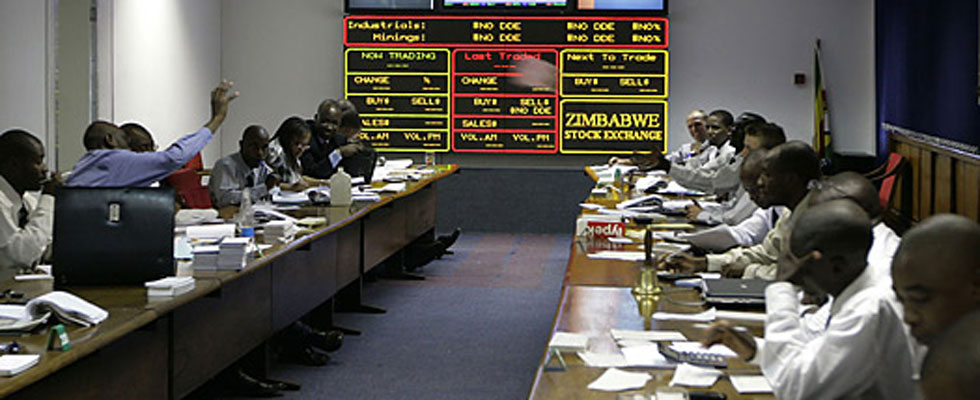
STOCKBROKERS Association of Zimbabwe vice-president Arnold Dhlamini expects higher trading on the Zimbabwe Stock Exchange (ZSE) due to a rise in inflationary pressures from the recent fuel increases. BY TATIRA ZWINOIRA
This past Saturday, President Emmerson Mnangagwa increased the price of petrol and diesel to $3,31 and $3,11, respectively, in a fresh measure to fund government’s unsustainable expenditure which is expected to increase inflationary pressures.
Inflationary pressures are expected as a result of the fuel price rise which usually results in an increase of prices of basic commodities. The ZSE has become a safe haven for investors to hedge against the effects of inflationary pressure through trading of reliable counters.
“Fuel affects inflation, so obviously there is a lot of appetite now to go into investments avenues that will probably preserve value. Yesterday (Monday), as an example, we had quite a number of calls as investors wanted to quickly apply their money to shares. We are not sure whether it will continue but there is generally that perception that this move to hike the prices of fuel will be inflationary,” Dhlamini said.
“So, there is that need to preserve value on whatever savings people have…We might see some more selling from institutions as liquidity dries up on the market as well. A knee jerk reaction is to buy shares or any asset that will preserve value but also we are going to see that tax (fuel tax) mopping out liquidity.”
Indications of increased activity on the ZSE could be seen as early on Monday when the market was last opened.
On that day, all the ZSE indexes recorded growth with the top ten index leading with a 4,53 percentage point increase to 149,33 points, industrial index 3,59 to 479,34 points, all share index 3,55 to 149,01 points and mining index 0,08 to 207 points.
With inflation already on an upward trajectory, investors have increasingly turned to trading on the ZSE to militate against their electronic balances losing value which have been devaluating by the day as it lacks adequate forex support.
- Chamisa under fire over US$120K donation
- Mavhunga puts DeMbare into Chibuku quarterfinals
- Pension funds bet on Cabora Bassa oilfields
- Councils defy govt fire tender directive
Keep Reading
This comes as the money supply in the market has risen significantly over the past two years against the country’s ability to generate forex mainly from a rise in Treasury Bill issuances.
In that regard, fungible counters Seed Co International and Old Mutual Zimbabwe are expected to perform well as stocks of these counters can be traded on the Botswana Stock Exchange and Johannesburg Stock Exchange in South Africa, respectively.
“I think evidence in the increase in activity on the ZSE we started seeing yesterday (Monday) being the first trading day after the announcement (on fuel) was made. We saw evidence that the selling of some counters which had been characteristic in the last few days had stopped. No one was selling anymore,” MMC Capital director Itai Chirume said.
“In fact, there was an emergence of bids, not offers, which is a sign that the trend is going to be upward in terms of stock prices. That tells you that prices start going up because of such fundamental changes and that tells you it increases the number of people coming to participate on the market.”
To mitigate against potential prices increases of basic commodities, Treasury offered refunds on excise duty for fuel manufacturing; mining; agriculture; and, transport firms as rebate.
But, retail bodies raised concerns earlier this week that the rebates do not cover the whole retail value chain and potential cost increases and as such prices of basic commodities could still rise, thus, driving inflation.











